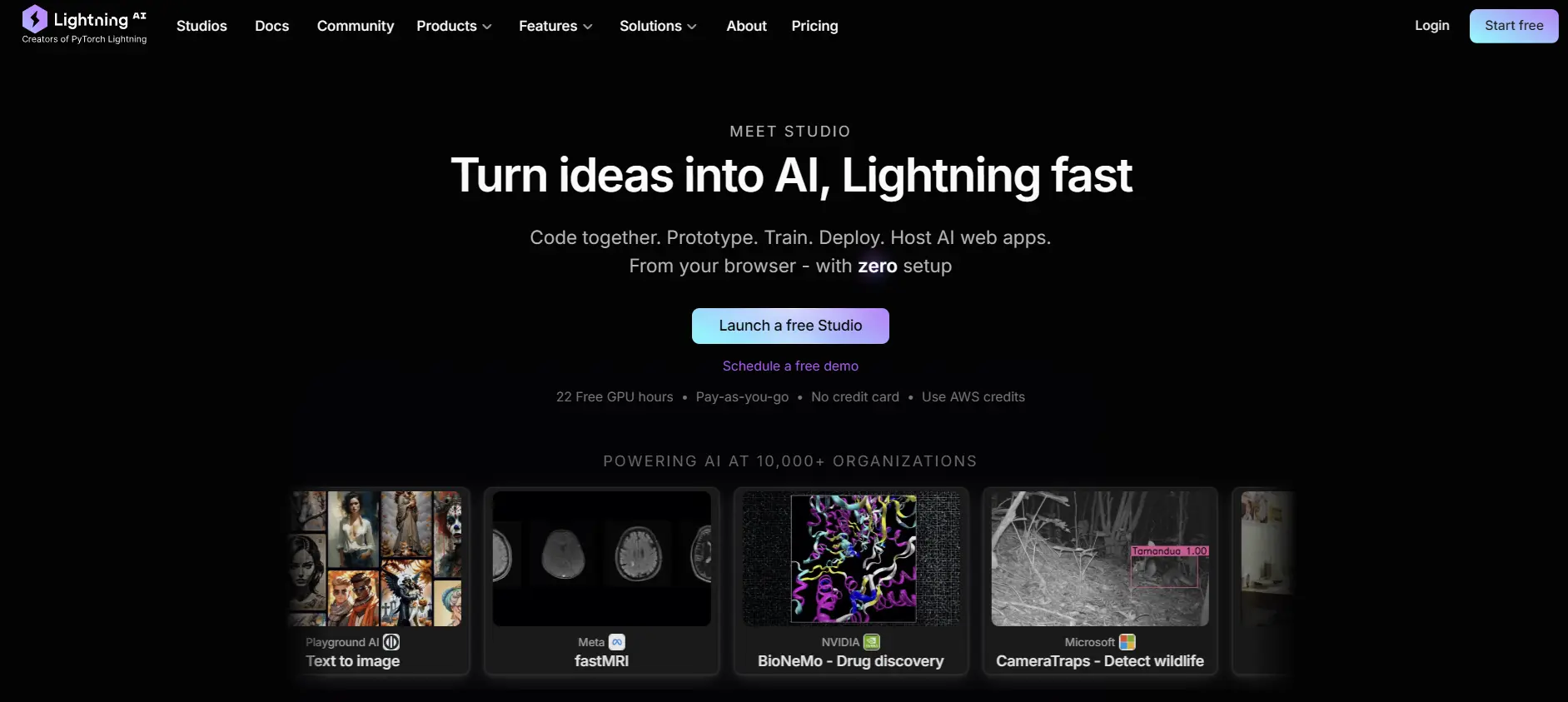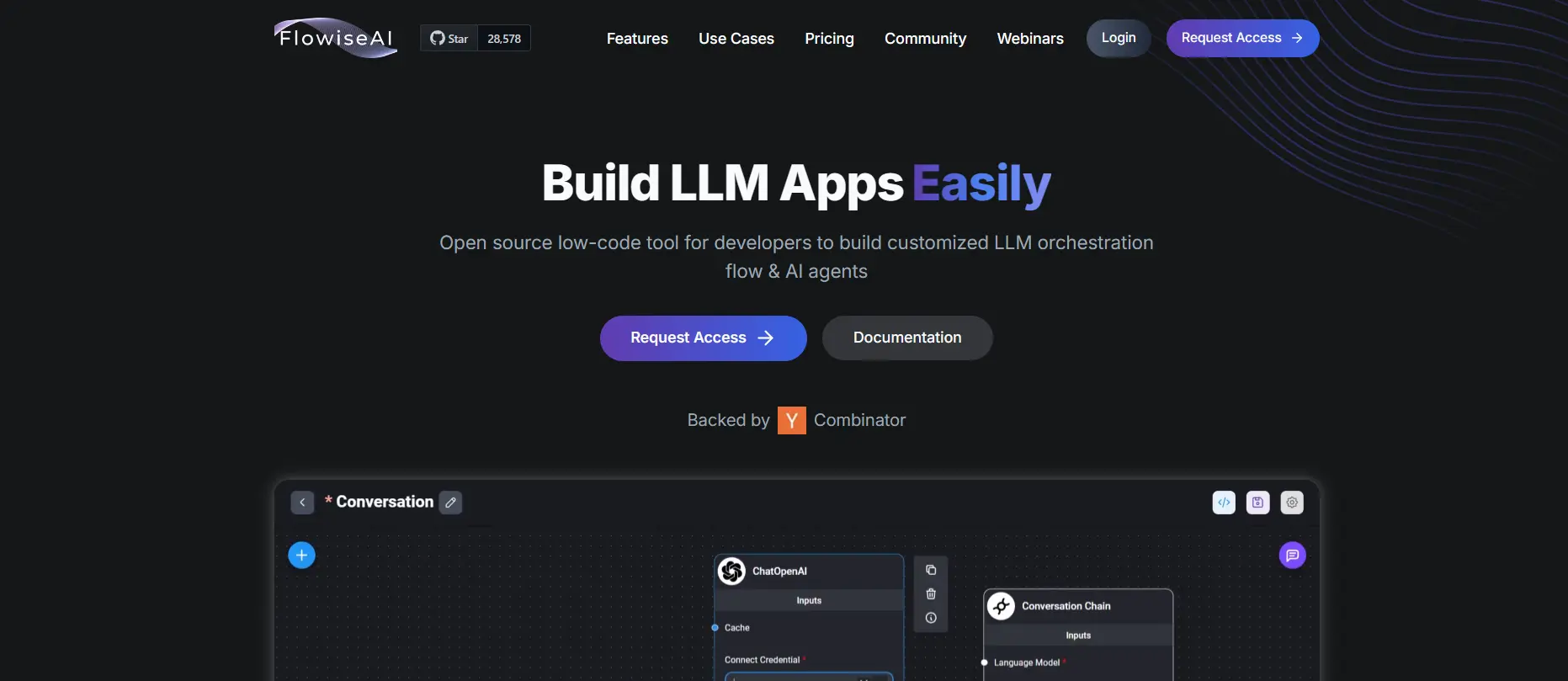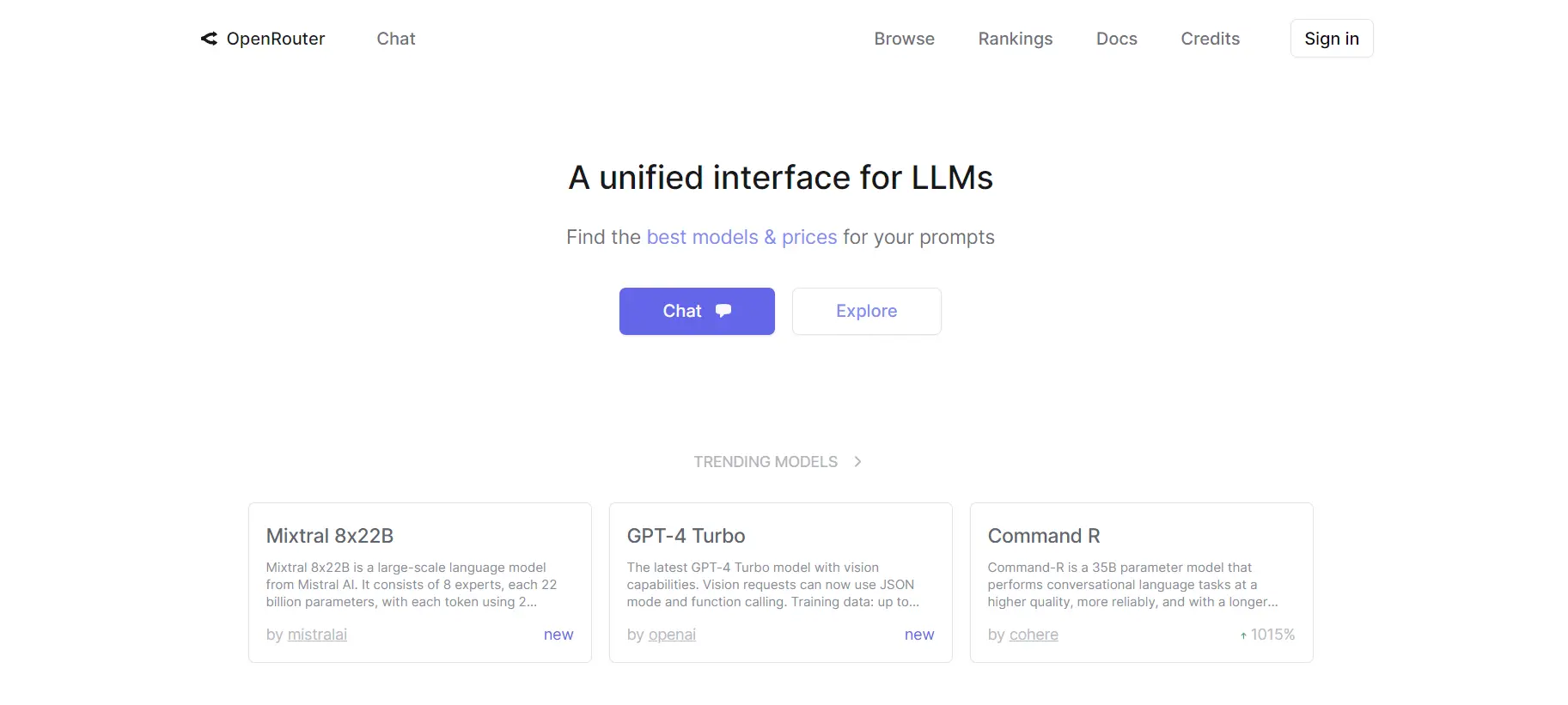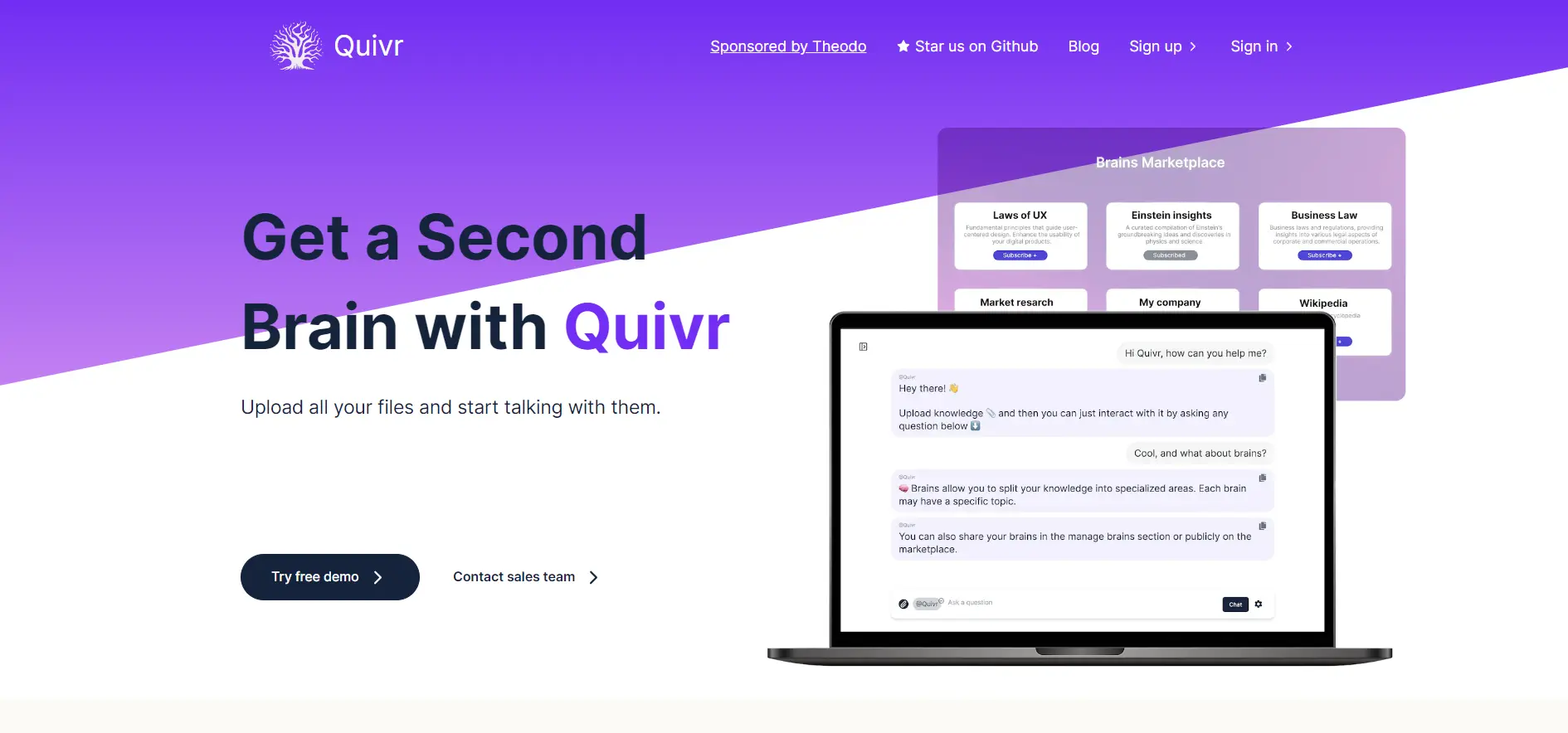Lightning AI: A Comprehensive Tool for Building and Deploying AI Models
Lightning AI is an advanced platform designed to streamline the development, training, and deployment of AI models.
It integrates various machine learning tools into a single cohesive environment, allowing developers to work more efficiently without needing to switch between different systems. This platform is particularly beneficial for those familiar with PyTorch, as it builds on the popular open-source library PyTorch Lightning.
Key Features
- Modular Architecture: Lightning AI is built on a modular architecture that allows you to easily integrate different components and tools into your workflow.
- Rapid Prototyping: With Lightning AI, you can quickly prototype and test your AI models, reducing the time and effort required to get them into production.
- Scalability: The platform is designed to scale with your needs, whether you’re working on a small project or a large-scale enterprise deployment.
- Collaboration: Lightning AI makes it easy to collaborate with team members and stakeholders, ensuring that everyone is on the same page throughout the development process.
- Easy Integration: Lightning AI integrates seamlessly with popular AI frameworks and tools.
- Flexible Deployment: Deploy your AI models on-premises, in the cloud, or at the edge.
- Real-time Monitoring: Monitor your AI models in real-time, ensuring optimal performance and accuracy.
Use Cases and Applications
- Computer Vision: Build and deploy computer vision models for image classification, object detection, and segmentation.
- Natural Language Processing: Develop and deploy NLP models for text classification, sentiment analysis, and language translation.
- Reinforcement Learning: Use Lightning AI to build and deploy reinforcement learning models for robotics, game playing, and other applications.
Best Suits For
- Researchers: Who need to quickly prototype and test AI models.
- Data Scientists: Who want to build and deploy AI models efficiently.
- Machine Learning Engineers: Who need to scale AI models for large-scale deployments.
Limitations
Resource Constraints
- You’re limited to 22 GPU hours per month on the free tier[1]. This might not be sufficient for large-scale or complex projects that require extensive computational power.
- There may be constraints on storage and memory, which could affect your ability to work with very large datasets or models.
Learning Curve
- If you’re used to Google Colab or other platforms, you might need some time to adjust to Lightning AI’s interface and workflow[1]. While it offers a VS Code-like environment, the transition may require a learning period.
Compatibility Issues
- Some standard components or libraries you’re accustomed to using might not behave correctly in Lightning AI’s standalone context[2]. This is similar to issues faced with Lightning Out, where components dependent on specific container resources may not function as expected.
Authentication Challenges
- You need to manually provide a session ID or authentication token when initializing your Lightning AI app[2]. This extra step might be cumbersome for some users, especially those used to more seamless authentication processes.
Browser Limitations
- Lightning AI supports the same browsers as Lightning Experience[2]. If you’re using a less common browser, you might encounter compatibility issues.
- The platform relies on third-party cookies, which some users might have disabled for privacy reasons[2]. This could potentially affect functionality.
Potential Downtime or Performance Issues
- As with any cloud-based service, there’s always a risk of downtime or performance issues that could disrupt your work.
Limited Customization
- While Lightning AI offers a customizable environment, you might find some limitations in terms of how much you can tailor the platform to your specific needs compared to a fully local setup.



